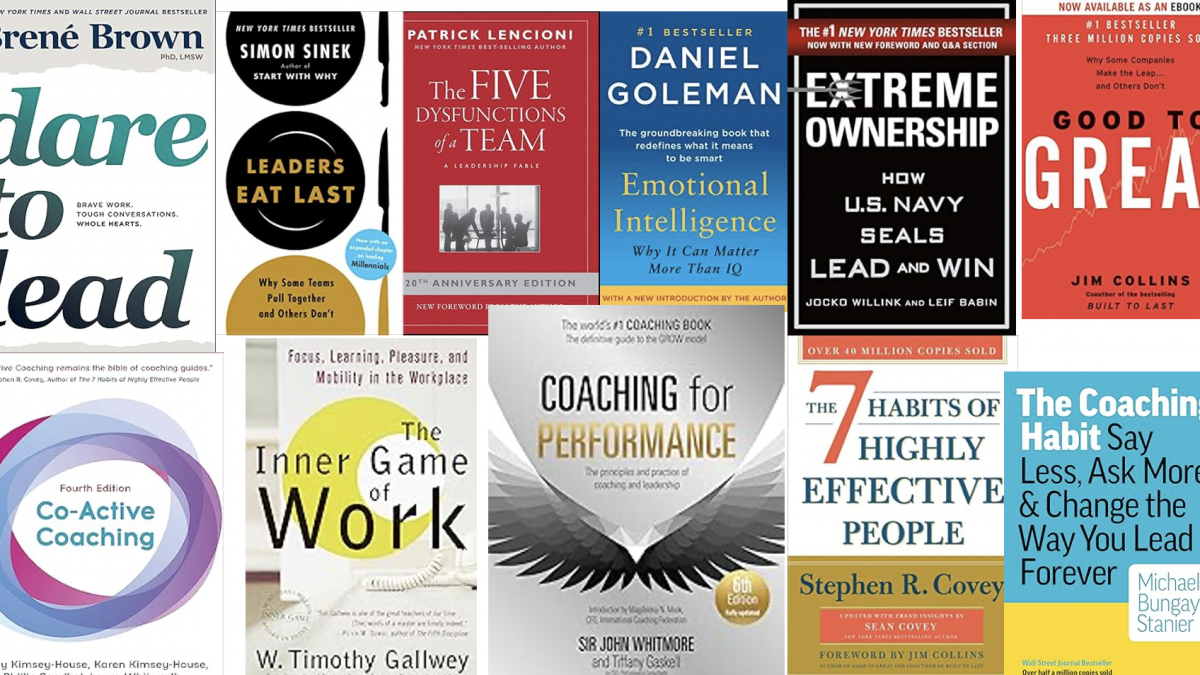How Emotional Intelligence Drives Performance: The Leadership Superpower

“Emotional intelligence isn’t just a buzzword; it’s the foundation of effective leadership.”
When we think of high-performing teams and exceptional leaders, qualities like strategic thinking, technical expertise, and decision-making often come to mind. Yet one of the most critical drivers of success—emotional intelligence (EQ)—is often overlooked.
For HR decision-makers and business leaders, understanding and fostering EQ within your teams isn’t optional. It’s a necessity for navigating today’s complex workplace dynamics and driving sustained performance.
What Is Emotional Intelligence?
Emotional intelligence is the ability to recognize, understand, and manage emotions—both your own and those of others. It’s broken down into five key components:
- Self-Awareness
- Recognizing your emotions and their impact on your behavior and decisions.
- Self-Regulation
- Managing emotions effectively, especially in stressful situations.
- Motivation
- Staying focused on goals despite challenges and setbacks.
- Empathy
- Understanding and considering others’ emotions and perspectives.
- Social Skills
- Building strong relationships, resolving conflicts, and inspiring collaboration.
Why EQ Matters in the Workplace
High EQ leaders and teams consistently outperform their peers. Here’s why:
- Better Decision-Making
- Leaders with strong EQ are less likely to make impulsive decisions driven by stress or emotion.
- Stronger Relationships
- EQ fosters trust and open communication, which are essential for collaboration and team success.
- Higher Engagement
- Employees who feel understood and supported are more engaged and motivated.
- Effective Conflict Resolution
- EQ equips leaders and teams to handle disagreements constructively, preventing escalation and preserving relationships.
- Resilience in Change
- Emotionally intelligent teams adapt more quickly to change, maintaining productivity and morale.
The Link Between EQ and Performance
Studies show that EQ is a stronger predictor of success than IQ or technical skills alone. For leaders, it’s the difference between managing tasks and inspiring teams.
Consider these statistics:
- 90% of top performers have high emotional intelligence.
- Teams with leaders who demonstrate high EQ are up to 25% more productive.
- Organizations that prioritize EQ in leadership see higher retention rates and lower burnout levels.
How to Foster Emotional Intelligence in Your Organization
- Model EQ at the Top
- Leaders set the tone. Demonstrate self-awareness, empathy, and open communication to create a ripple effect throughout your organization.
- Provide EQ Training
- Offer workshops or coaching sessions focused on developing EQ skills like active listening, stress management, and conflict resolution.
- Incorporate EQ into Hiring and Promotions
- Assess candidates and employees for EQ as part of your selection process. Look for traits like empathy, adaptability, and strong interpersonal skills.
- Make Feedback a Two-Way Street
- Encourage employees to provide feedback to leaders, fostering a culture of trust and continuous improvement.
- Recognize and Reward EQ
- Celebrate behaviors that demonstrate emotional intelligence, such as collaborative problem-solving or handling a difficult situation with empathy.
How Coaching Enhances EQ
Coaching is one of the most effective tools for developing emotional intelligence:
- Self-Awareness: Coaches help leaders identify emotional triggers and blind spots.
- Empathy Development: Role-playing and guided exercises build stronger interpersonal skills.
- Accountability: Ongoing coaching ensures consistent practice and growth in EQ-related behaviors.
The Bottom Line
In today’s workplace, emotional intelligence isn’t a “soft skill”—it’s a leadership superpower. For HR leaders and decision-makers, investing in EQ development pays off in stronger teams, better performance, and a more resilient organization.
Your Turn
How has emotional intelligence played a role in your leadership or team’s success? What strategies have you used to foster EQ in your organization?


